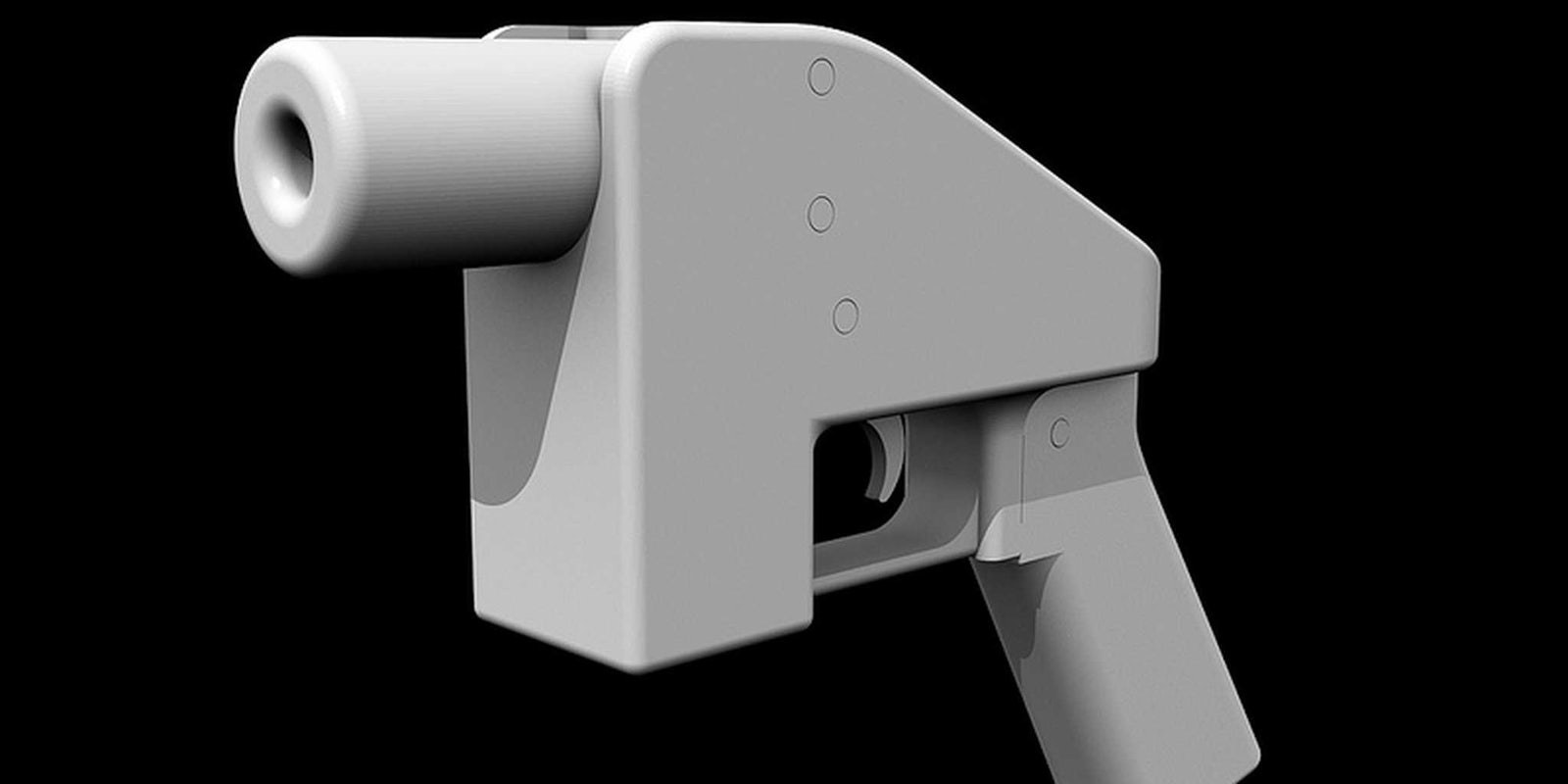The man behind the Liberator, the world’s first 3D-printable handgun, has filed suit against the U.S. State Department for the right to share the specs of his experimental weapon online in what could be a groundbreaking First and Second Amendment legal case.
On Wednesday, attorneys for Cody Wilson and his company, Defense Distributed, filed a 25-page lawsuit in an Austin, Texas, federal district courthouse, accusing the State Department of “prior restraint,” arguing that the federal agency has attempted to censor Wilson’s right to free expression. Attorneys for Wilson further claim that the State Department has misused a law aimed at limiting the flow of sensitive military weapons information overseas to keep Wilson and his company in a state of legal limbo.
The case is two years in the making. It was in May 2013 when Wilson uploaded video of himself test firing the first single-shot pistol made primarily using a 3D printer. Shortly thereafter, he uploaded schematics of the Liberator online for others to download.
Even before the Liberator was successfully uploaded, Wilson’s plans were already raising concerns among government regulators and gun-control activists. Unlike conventional weapons, a 3D printable gun is much harder to regulate since anyone with a 3D printer and the schematics can produce one. And the plastic material the gun is made from would make it imperceptible to metal detectors.
According to the New York Times, despite these concerns—perhaps because of them—Wilson made the Liberator schematics publicly available as “partly a statement about freedom in the digital age and partly a provocation.”
One of the agencies provoked was the State Department, which days later ordered Wilson to take the digital blueprints offline (despite the fact that they had already been downloaded by other Internet users countless times). The State Department justified its order by citing the International Traffic in Arms Regulations, a set of rules designed to prevent “sensitive” military hardware and weapons technology from being transferred overseas.
Wilson’s attorneys say the takedown order was only supposed to last 60 days while the State Department reviewed whether or not uploading Liberator schematics actually violated ITAR rules. But instead, they say, Wilson has spent thousands of dollars over the past two years seeking to work through the issue with the State Department to no avail. No decision has been reached by the agency. Hence the reason for Wilson’s attorneys filing suit this week.
“After Sandy Hook, the government decided that it wanted to stop this,” said Matthew Goldstein, one of Wilson’s lawyers, speaking to the Times. “But there were no laws that allowed them to do so within the Constitution. So they reached into their bag of tricks and suddenly pulled out ITAR.”
Goldstein added, “But now it’s two years later and Cody’s still waiting.”
According to Wired, Wilson’s lawsuit could have a major impact on the legality of free speech and gun rights in the digital age, as the court may be asked to decided if computer code that makes a weapon can still count as speech.
“If code is speech, the constitutional contradictions are evident. … So what if this code is a gun?” Wilson told Wired. “Nothing can possibly stand in the way of this being disseminated to the people, and yet they insist on maintaining the power to do so.”
Lawyers for Wilson will also be arguing that the state department has violated their client’s Fifth Amendment right to due process by dragging the case out this long. The State Department has not yet commented on the lawsuit.
Photo via sightrays/Flickr (CC BY-ND 2.0)


